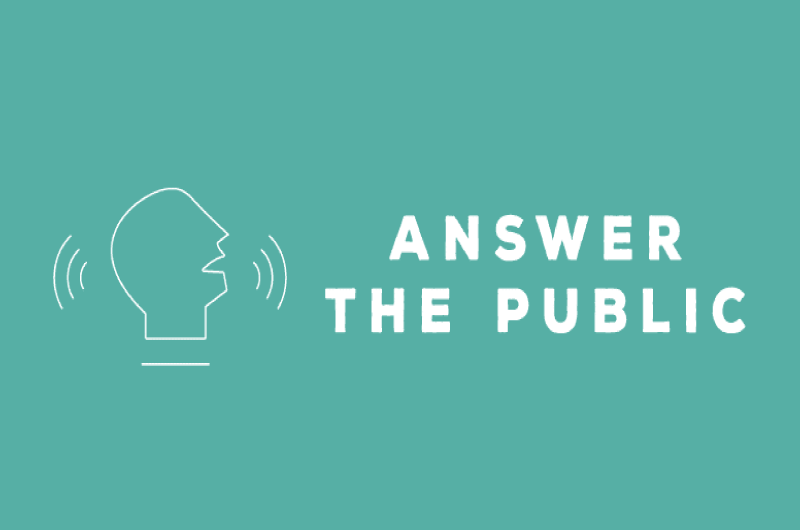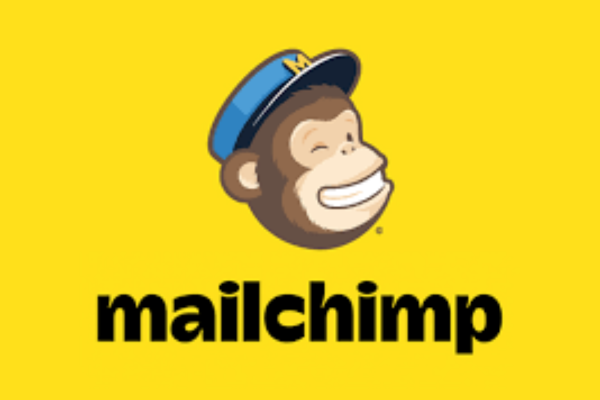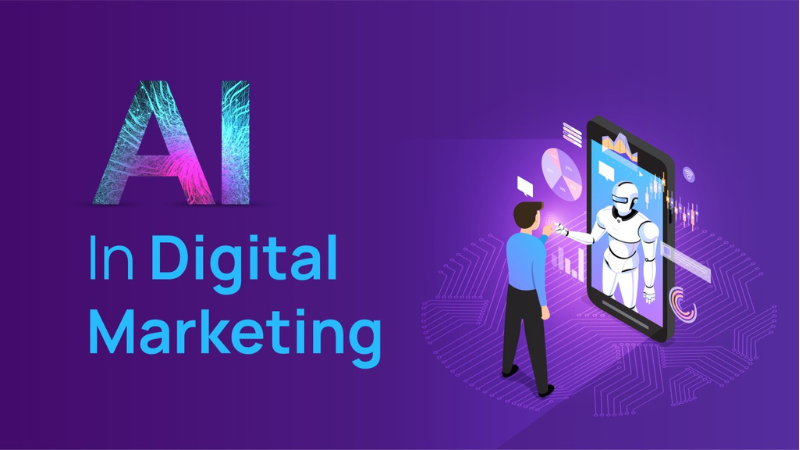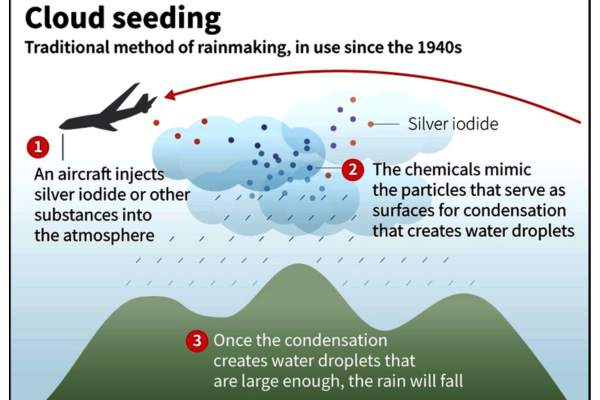AI tools refer to software applications, frameworks, libraries, or platforms that utilize artificial intelligence (AI) techniques to perform various tasks or solve problems. These tools leverage machine learning, natural language processing, computer vision, robotics, and other AI technologies to automate processes, analyze data, make predictions, and provide insights. AI tools can be used across diverse domains such as healthcare, finance, marketing, customer service, manufacturing, and more.
How AI Tools Help In Digital Marketing
AI tools offer numerous benefits and opportunities for digital marketing professionals to enhance their strategies, optimize campaigns, and deliver more personalized experiences to their target audience. Here are some ways AI tools help in digital marketing:
- Data Analysis and Insights: AI-powered analytics tools can process vast amounts of data quickly and efficiently, providing marketers with valuable insights into customer behavior, preferences, and trends. By analyzing data from various sources such as website traffic, social media interactions, and email responses, marketers can better understand their audience and make data-driven decisions to improve their campaigns.
- Predictive Analytics: AI algorithms can predict future outcomes based on historical data, allowing marketers to anticipate customer needs and behaviors. Predictive analytics tools help in forecasting sales trends, identifying high-value leads, and optimizing marketing strategies for better ROI.
- Personalization: AI enables marketers to deliver highly personalized content and recommendations to individual users based on their preferences, browsing history, and interactions. Personalization tools use machine learning algorithms to segment audiences, tailor messaging, and optimize offers, resulting in improved engagement and conversion rates.
- Content Creation: AI-powered tools can assist marketers in generating and optimizing content at scale. Natural language generation (NLG) tools can automatically create blog posts, product descriptions, and social media captions, saving time and resources for content creation.
- Chatbots and Virtual Assistants: AI-driven chatbots and virtual assistants can interact with customers in real-time, providing assistance, answering queries, and guiding them through the sales funnel. Chatbots can handle routine tasks such as customer support inquiries, appointment scheduling, and order tracking, enhancing the overall customer experience.
- Advertising Optimization: AI tools can optimize digital advertising campaigns by analyzing performance metrics, adjusting targeting parameters, and allocating budgets more effectively. Platforms like Google Ads and Facebook Ads utilize AI algorithms to automate bidding strategies, optimize ad placements, and maximize ad relevance for better ad performance.
- Customer Segmentation and Targeting: AI algorithms can segment audiences based on various demographic, behavioral, and psychographic factors, enabling marketers to target specific customer segments with relevant messaging and offers. AI-powered segmentation tools help in identifying high-value segments, reducing ad spend wastage, and improving campaign efficiency.
- Sentiment Analysis: AI-powered sentiment analysis tools can analyze social media conversations, customer reviews, and other user-generated content to gauge audience sentiment and identify emerging trends or issues. Marketers can use sentiment analysis insights to tailor their messaging, address customer concerns, and capitalize on positive sentiment.
Digital Marketing Free AI Tools
Google Analytics:
Purpose: Google Analytics is a web analytics service provided by Google that tracks and reports website traffic. It helps marketers understand their audience, measure the performance of their marketing efforts, and gain insights into user behavior.

AI Features: Google Analytics incorporates machine learning algorithms to provide insights such as audience demographics, user engagement patterns, and predictive analytics for future trends. It also offers AI-driven features like Smart Goals, which use machine learning to identify high-quality website visits likely to lead to conversions.
Google Keyword Planner:
Purpose: Google Keyword Planner is a tool within Google Ads that helps marketers research keywords for their search campaigns. It provides data on keyword search volume, competition, and potential performance metrics.

AI Features: While not explicitly labeled as AI, Google Keyword Planner leverages machine learning algorithms to suggest relevant keywords and estimate their performance based on historical data. It also provides insights into keyword trends and seasonality, helping marketers make informed decisions about their keyword strategy.
AnswerThePublic:
Purpose: AnswerThePublic is a free keyword research tool that generates visualizations of search queries related to a specific topic. It helps marketers discover what questions people are asking online and identify content ideas based on user intent.

AI Features: AnswerThePublic uses natural language processing (NLP) algorithms to analyze search engine autocomplete suggestions and generate insights into the questions, phrases, and topics related to a given keyword or topic. While not as complex as some AI-driven platforms, it provides valuable insights for content creation and SEO strategy.
Canva:
Purpose: Canva is a graphic design platform that allows users to create a wide range of visual content, including social media graphics, presentations, posters, and infographics. It offers a user-friendly interface with customizable templates and design elements.

AI Features: Canva utilizes AI-driven features such as Magic Resize, which automatically adjusts designs to fit various formats and dimensions, and Design AI, which suggests design elements and layouts based on user input. These features streamline the design process and help marketers create professional-looking visuals quickly and easily.
Mailchimp:
Purpose: Mailchimp is an email marketing platform that allows users to design, send, and track email campaigns. It provides features for audience segmentation, campaign automation, and performance analytics.

AI Features: Mailchimp incorporates AI-driven features such as Predicted Demographics, which uses machine learning to predict the demographic characteristics of subscribers based on their email engagement data. It also offers Product Recommendations, which use AI algorithms to suggest relevant products to customers based on their purchase history and preferences.
HubSpot CRM:
Purpose: HubSpot CRM is a free customer relationship management (CRM) platform that helps businesses manage their contacts, track interactions, and organize sales pipelines. It provides tools for lead management, email tracking, and sales automation.

AI Features: HubSpot CRM leverages AI-driven features such as Lead Scoring, which uses machine learning algorithms to prioritize leads based on their likelihood to convert. It also offers predictive analytics capabilities that help marketers identify trends and forecast future outcomes based on historical data.
Buffer:
Purpose: Buffer is a social media management platform that allows users to schedule posts, analyze performance, and engage with their audience across various social media channels. It helps marketers streamline their social media marketing efforts and maintain a consistent presence online.

AI Features: While not explicitly AI-driven, Buffer incorporates machine learning algorithms to analyze social media data and provide insights into post performance, audience engagement, and optimal posting times. It also offers features like Social Media Calendar, which suggests the best times to post based on historical data and audience behavior patterns.
Conclusion
These free AI digital marketing tools provide valuable features and capabilities to help marketers optimize their strategies, streamline their workflows, and achieve better results without breaking the bank.
Overall, AI tools empower digital marketers to optimize their strategies, automate routine tasks, and deliver more personalized and engaging experiences to their target audience, ultimately driving better results and ROI for their campaigns.







